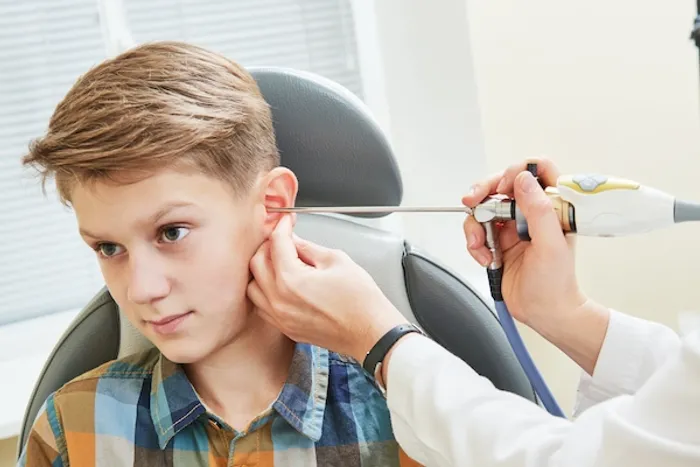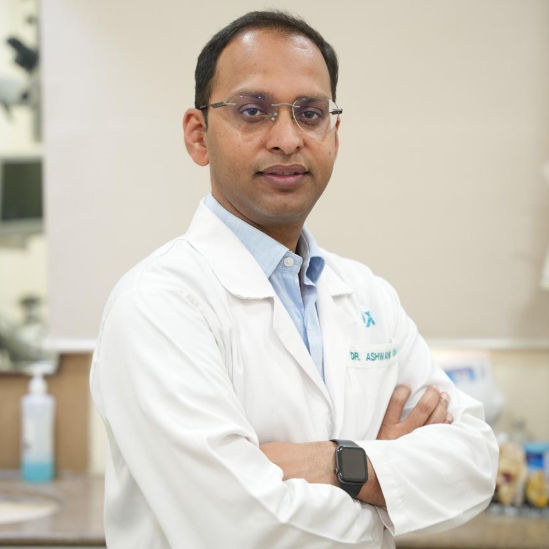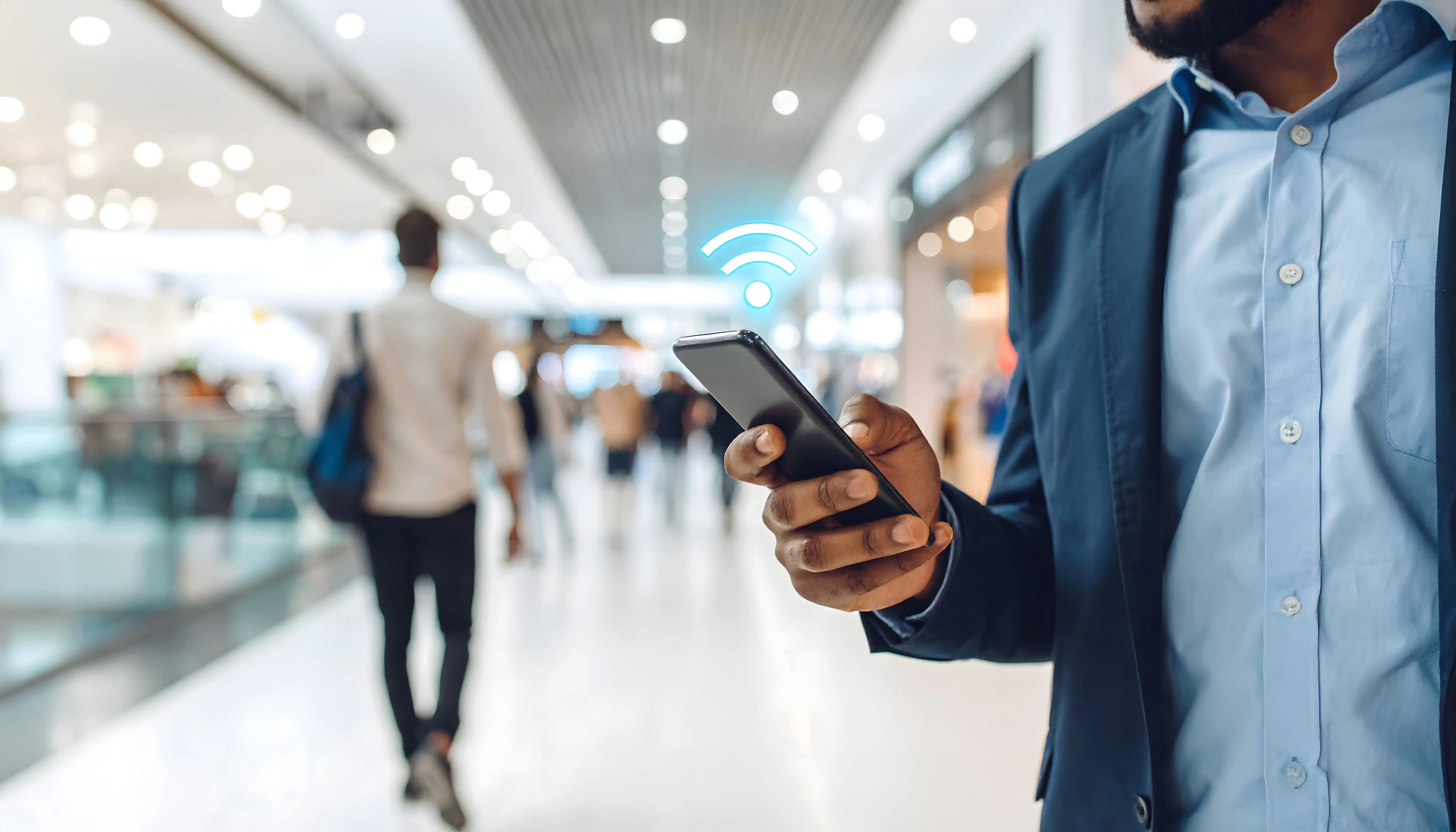Ear Endoscopy Procedures and Techniques
know what to expect from ear endoscopy, what is it, risks involved and tips to maintain ear health.

Written by Dr. M L Ezhilarasan
Reviewed by Dr. Dhankecha Mayank Dineshbhai MBBS
Last updated on 13th Jan, 2026

Introduction
Ear problems can be uncomfortable and sometimes even painful, affecting your hearing and overall quality of life. If you’ve been experiencing persistent ear issues, your doctor may recommend an ear endoscopy is a safe and effective procedure to diagnose and sometimes treat ear conditions.
In this article, we’ll explain what an ear endoscopy is, why it’s done, how it’s performed, and what you can expect before, during, and after the procedure.
What Is an Ear Endoscopy?
An ear endoscopy (also called otoscopy or tympanoscopy) is a medical procedure where a doctor uses a thin, flexible tube called an endoscope to examine the inside of your ear. The endoscope has a tiny camera and light at its tip, allowing the doctor to see detailed images of your ear canal and eardrum on a screen.
This procedure helps doctors diagnose issues like infections, blockages, eardrum damage, or other abnormalities without the need for invasive surgery.
Consult ENT specialist for Personalised Advice
Why Is an Ear Endoscopy Performed?
Your doctor may recommend an ear endoscopy if you have symptoms such as:
Persistent ear pain
Hearing loss or muffled hearing
Frequent ear infections
Fluid drainage from the ear
Tinnitus (ringing in the ear)
Feeling of fullness or blockage in the ear
An ear endoscopy helps identify:
Ear infections (otitis media or externa)
Earwax buildup (cerumen impaction)
Perforated eardrum (a hole or tear in the eardrum)
Cholesteatoma (an abnormal skin growth in the ear)
Foreign objects stuck in the ear canal
How Is an Ear Endoscopy Done?
The procedure is quick, painless, and usually performed in a doctor’s clinic. Here’s what happens:
Before the Procedure
Your doctor will ask about your symptoms and medical history.
No special preparation is needed, but you may be asked to avoid inserting anything into your ear before the test.
During the Procedure
You will sit comfortably in a chair.
The doctor gently inserts the thin endoscope into your ear canal.
The camera sends real-time images to a monitor, allowing the doctor to examine your ear in detail.
If needed, the doctor may remove earwax or take a small tissue sample (biopsy).
The procedure usually takes 5-10 minutes and is painless, though you may feel slight pressure.
After the Procedure
You can resume normal activities immediately.
If a biopsy was taken, you may have mild discomfort for a short time.
Your doctor will discuss the findings and recommend treatment if necessary.
Are There Any Risks?
The risks include:
Ear endoscopy is very safe, with minimal risks. Some rare complications may include:
Minor discomfort or irritation in the ear
Temporary dizziness (if the inner ear is sensitive)
Slight bleeding (if a biopsy is taken)
Serious complications are extremely rare when performed by a trained specialist.
Tips for Ear Health
To keep your ears healthy and prevent problems:
Avoid inserting cotton swabs or sharp objects into your ears (they can push wax deeper or damage the eardrum).
Dry your ears properly after swimming to prevent infections.
Use earplugs in noisy environments to protect your hearing.
Get regular check-ups if you have recurring ear issues.
When to See a Doctor?
If you experience any of the following, consult an ENT specialist:
Severe ear pain
Sudden hearing loss
Persistent fluid discharge
Frequent dizziness or balance problems
Final Thoughts
An ear endoscopy is a simple, non-invasive procedure that provides valuable insights into ear health. If you’ve been struggling with ear pain, hearing loss, or infections, don’t ignore the symptoms as early diagnosis can prevent complications and improve your quality of life.
Consult ENT specialist for Personalised Advice
Consult ENT specialist for Personalised Advice

Dr. Sreeram Valluri
Ent Specialist
15 Years • MBBS, MS ENT, HEAD & NECK SURGERY
Hyderabad
Apollo Hospitals Jubilee Hills, Hyderabad

Dr. Ravi Y L
Ent Specialist
15 Years • MBBS, MS (ENT)
Hyderabad
Apollo Hospitals Jubilee Hills, Hyderabad
(175+ Patients)

Dr. Sreeram Valluri
Ent Specialist
15 Years • MBBS, MS ENT
Manikonda Jagir
Apollo Clinic, Manikonda, Manikonda Jagir

Dr. Ashwani Kumar
Ent Specialist
11 Years • MBBS, DNB (Otorhinolaryngology)
Delhi
Apollo Hospitals Indraprastha, Delhi
(50+ Patients)

Dr. Vakati Vishnu Prasad
Ent Specialist
5 Years • MBBS , MS
Bengaluru
Apollo Dental Hosa Road, Bengaluru




